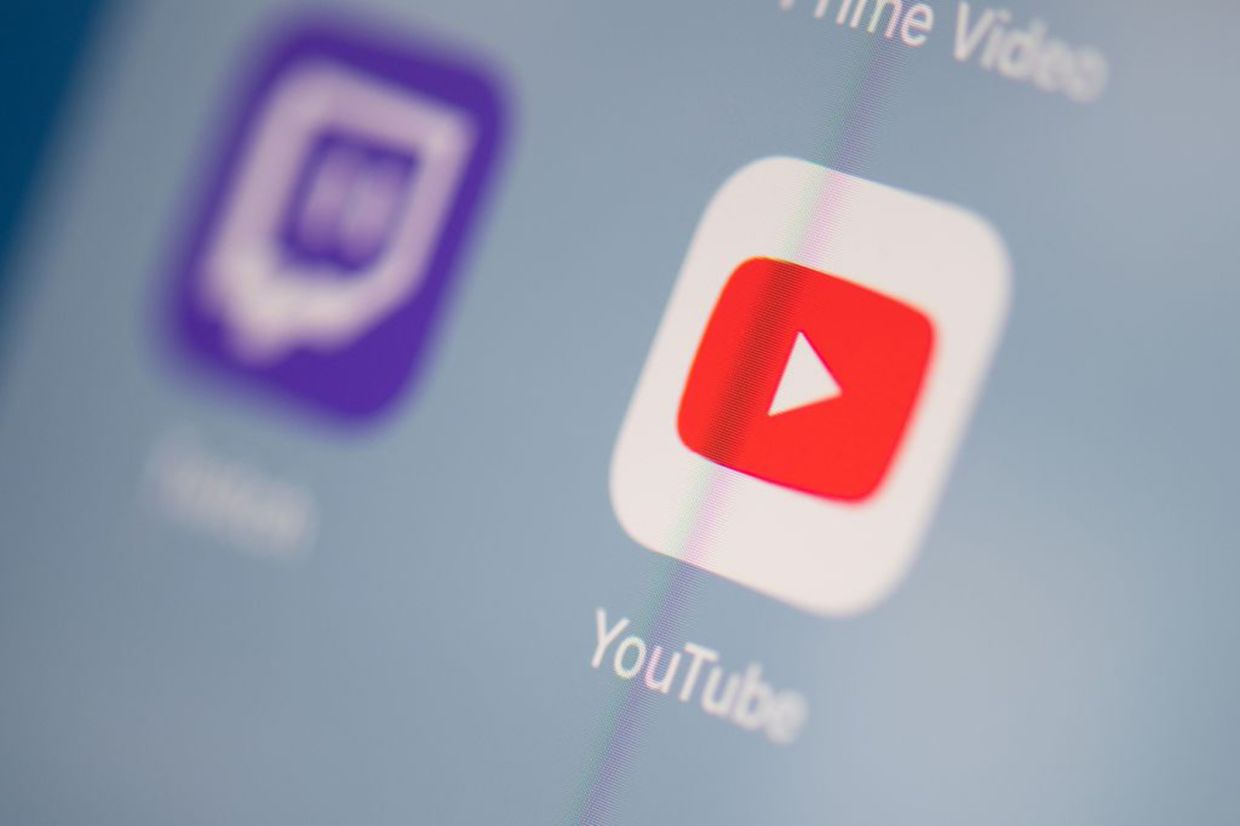Opinion: YouTube’s ban of antivax lies isn’t censorship, it’s responsible behaviour

YouTube recently announced it will ban content that spreads misinformation regarding not just the coronavirus vaccines but vaccination science in general. It’s an acknowledgment that today’s misplaced conservative resistance to the coronavirus vaccines both feeds and is fed by the broader anti-vaccination movement that was around well before the pandemic.
YouTube and other social media giants must stand up to the inevitable but incorrect cries of censorship from the right and stick with this policy. Individual Americans have a constitutional right to lie — that’s the price of free speech — but private companies aren’t obligated to amplify or provide a platform for those lies.
Anti-vaccination misinformation has been around for years, promoted mainly by people who either don’t understand or don’t trust medical science, and who have short historical memories of just how savagely various forms of illness attacked communities prior to the availability of vaccines. False claims that some vaccines cause autism in children have exposed kids to real risk because their parents have embraced that misinformation. A year before the current pandemic, Washington state was wracked by a series of measles outbreaks caused by people who refused to have their kids vaccinated.
Still, the pre-pandemic anti-vaccination movement was a relatively limited phenomenon. The current resistance to coronavirus vaccines is much larger and more political, essentially engulfing much of the Republican Party. But the results are the same: People who refuse vaccination are getting sick and are endangering those who for medical reasons can’t be vaccinated. Whether they’re making that decision out of misplaced distrust of science or as a culture war rallying cry, it’s irresponsible and selfish.
YouTube, Facebook and other social media behemoths cracked down on coronavirus misinformation early in the pandemic but didn’t initially address anti-vaccination lies in general. While it’s true these are two somewhat separate phenomena, common sense dictates that the broader anti-vaccination movement is likely to win new adherents as the political right promotes doubts about the coronavirus vaccines.
Already, some Republican officials in places like Florida and Tennessee have broadened their resistance rhetoric to encompass not just coronavirus vaccine mandates but long-standing school vaccination mandates for childhood diseases. Most Americans have long supported those school mandates, but the current political conversation has the potential to change that.
YouTube’s move to ban content that spreads false claims about the supposed dangers of vaccination in general follows Facebook’s lead from a few months ago. YouTube is actually going further by specifically targeting and removing video channels associated with prominent anti-vax promoters like Dr Joseph Mercola and Robert F. Kennedy Jr.
Mercola and Kennedy both are alleging censorship — which is as false and misleading as their anti-vax nonsense. Governments telling people they can’t say something is censorship. A private company declining to let its product be used to promote dangerous lies is responsible behaviour, and it’s long past time for it. – St. Louis Post-Dispatch/Tribune News Service
*** This article has been archived for your research. The original version from The Star Online can be found here ***

